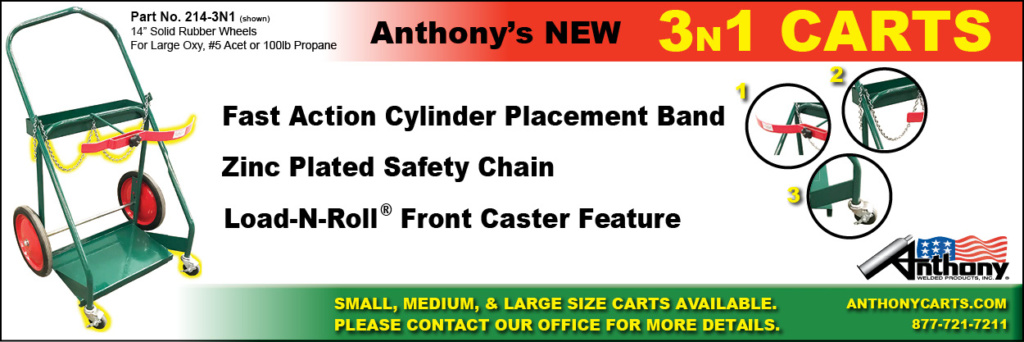FMCSA Opens Registration for Drug and Alcohol Clearinghouse.
The Federal Motor Carrier Safety Administration has opened registration for motor carriers and drivers to participate in the agency’s Drug and Alcohol Clearinghouse. The clearinghouse final rule goes into effect on January 6, 2020.
On and after that date, all companies that use drivers who have a Commercial Driver’s License or a Commercial Learner’s Permit must do four things:
- Register with the FMCSA to use the clearinghouse. Registration is now available on the FMCSA website.
- Upload information to the Clearinghouse on any drug or alcohol violations by any CDL driver that your company uses.
- Query the Clearinghouse for drug or alcohol violations by any prospective CDL driver that your company is considering hiring or contracting to use to operate a commercial motor vehicle.
- Companies must also annually query the database for information about all current CDL drivers they use.
Registration. Motor carrier companies will have to register with the clearinghouse in order to upload information about an employee driver’s positive tests or refusals to take a test, and also to query the system for current or prospective drivers. A company may use a Consortium/Third Party Administrator (C/TPA) to access the clearinghouse database on behalf of the company.
Drivers must also register with the clearinghouse to provide electronic consent to the company seeking information regarding the driver, and to review the accuracy of any information in the queried driver’s clearinghouse record.
Uploading Information. When one of your drivers tests positive for drugs or alcohol, or refuses to take a DOT-mandated drug or alcohol test, that information must be uploaded into the clearinghouse database. The Medical Review Officer will report the information to the clearinghouse on behalf of the motor carrier.
Only positive DOT test results or refusals to take a DOT test may be reported to the clearinghouse. Companies may not report non-DOT tests or refusals to the clearinghouse.
The clearinghouse will notify the driver using the method indicated during the driver’s clearinghouse registration—either mail or email—any time information about the driver is added, revised, or removed. If the driver has not yet registered for the clearinghouse, these notifications will be sent by mail using the address associated with the driver’s commercial driver’s license.
Queries. A query is an electronic check in the clearinghouse, conducted by an employer or prospective employer or their designated Consortium/Third Party Administrator, to determine if current or prospective driver employees are prohibited from performing safety-sensitive functions, such as operating a commercial motor vehicle, due to unresolved drug and alcohol program violations.
There are two types of queries:
LIMITED QUERIES • This is check for the presence of information in the queried driver’s clearinghouse record. A driver must give written consent to an employer or prospective employer before the limited query may be conducted. If the Limited Query indicates there is information in the driver’s clearinghouse record, then a Full Query is necessary to find out the nature of the drug or alcohol program violations in the driver’s record. Annual queries may be limited queries.
FULL QUERIES • The queries disclose to employers and designated C/TPAs detailed information about any resolved or unresolved violations in a driver’s clearinghouse record. A driver must give consent to an employer or prospective employer through the Clearinghouse before the full query may be conducted. All pre-employment queries must be full queries.
All queries into the database will cost $1.25 each unless a carrier conducts more than 19,500 queries per year. A company may purchase queries from the clearinghouse in bundles to avoid paying each time there is a transaction, but the cost is still $1.25 per query.
The clearinghouse will contain only violations that occurred on or after January 6, 2020. If a driver’s violation occurred prior to January 6, 2020, and is in the return-to-duty (RTD) process when the clearinghouse is implemented, the violation and any related RTD activity will not be entered into the clearinghouse.
Labor Department Issues Final Rule on Threshold for Overtime Exemption.
The Wage and Hour Division of the U.S. Department of Labor has published a final rule increasing the salary threshold for exemption from overtime pay requirements for Executive, Administrative and Professional employees. 84 Fed. Reg. 51230 (September 27, 2019). The final rule, which becomes effective January 1, 2020, will raise the threshold for exemption from the overtime requirements from $455 per week ($23,660 per year) to $684 per week ($35,568 per year) for these employees.
The Fair Labor Standards Act requires covered employers to pay employees a minimum wage and, for employees who work more than 40 hours in a week, overtime premium pay of at least 1.5 times the regular rate of pay. Section 13(a)(1) of the FLSA, commonly referred to as the “white collar” or “EAP” exemption, exempts from these minimum wage and overtime pay requirements “any employee employed in a bona fide executive, administrative, or professional capacity.”
The salary threshold will not be indexed for inflation on an annual basis; instead, DOL intends to revise the threshold periodically as necessary. The current threshold was established in 2004.
This rule change does not affect the exemption from overtime pay for commercial motor vehicle drivers and other employees subject to the Department of Transportation’s hours of service regulations.





